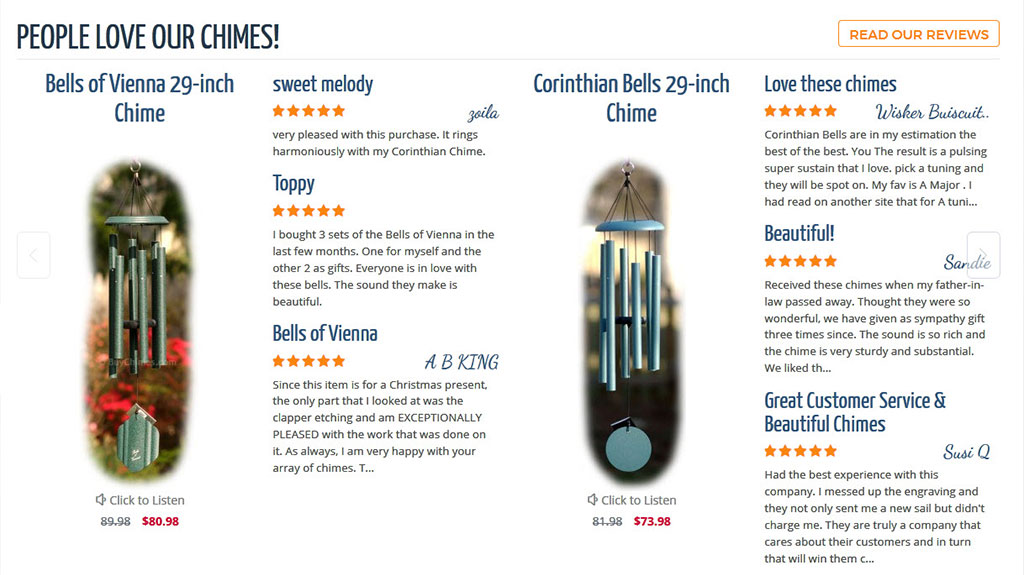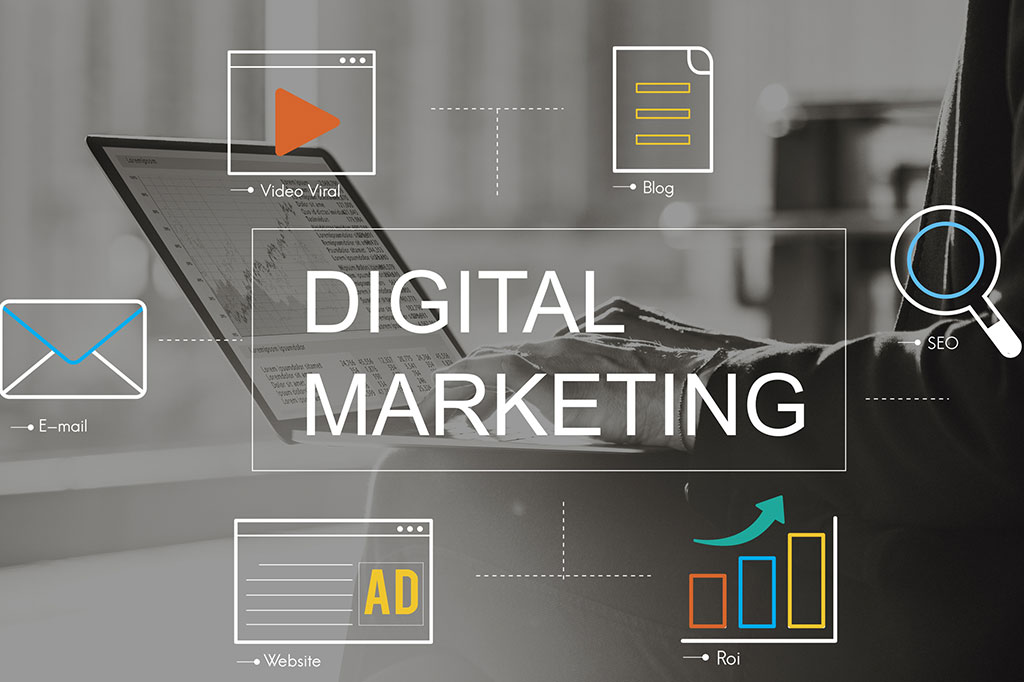Estimated reading time: 6 minutes
What e-commerce marketing elements will contribute to your website’s highest performance?
Every website is composed of thousands of little details that contribute to the user experience. Some factors subtly encourage users to buy. Others are more obvious. Regardless, you want to remove as much guesswork as possible when deciding which elements will give you the biggest impact on your revenue.
These six building blocks of e-commerce should be the main ingredients in your marketing mix.
Expert Product Descriptions
Product descriptions are common across e-commerce websites, but many companies fail to realize that a well-written product description should do more than illustrate the product.
True, the information you include in your product descriptions should describe the product. However, they should also be silent marketing tools to help you drive website traffic and increase conversions.
These descriptions can provide heavy SEO value to support your search marketing. They’re powerful for creating long-tail keywords, driving organic traffic, and helping buyers find products that satisfy their search requests.
You can optimize e-commerce product descriptions for SEO and user experience alike. Including relevant keywords, anticipating buyers’ questions, offering insight into out-of-stock or back-ordered item status, and presenting product variations can all contribute to a successful product description.
What you should absolutely NOT do is simply use the manufacturer-supplied descriptions on your own site.
Reviews and Testimonials
Getting feedback from real buyers can be powerful in boosting conversions. Studies show that almost 90% of consumers trust online reviews as much as a referral from a family or friend. In addition, 90% of consumers claim that reviews and testimonials impact their decision to buy.
There are several ways you can put reviews and testimonials to work on your e-commerce website:
First, you can display reviews for individual products as part of your product description. This allows buyers to easily rate their item purchase and/or provide specific feedback about their experience.
Another option is to import reviews from third-party websites like Google My Business, social media channels, Yelp!, or others you have positive reviews on. This requires you to add a little code to your website that will make these reviews appear in the area you designate. These reviews can be effective in creating trust and social proof with your brand.

Also, you can collect reviews and testimonials through other channels, such as email marketing. Post video reviews in your blog, highlight customer feedback on your homepage or product pages, or share the reviews and testimonials you collect on your social channels or email newsletters. The more confidence you can build about your company and products, the better chance you stand of closing the deal.
Trust Factors
The bar to entry for e-commerce businesses is relatively low if you’re not considering quality, reputation, or UX. Anyone with enough money and a business name can start an e-commerce website, and consumers and businesses alike are coming to terms with this reality.
Trust can be a major factor that determines if your buyer will pull out the credit card or click the X in their browser window.
So how can you use trust factors on your e-commerce website to separate you from fly by night companies?
Reviews are a helpful player when creating trust. One report notes that products that go from zero reviews to one review experience a conversion increase of 65% and a traffic increase of more than 108%. Just one review can be that powerful!
One Market Force survey mentions that 78% of consumers indicate that the content businesses post on social media will influence their decision to buy. Simply being active on social networks and sharing quality content is enough to prove you’re a legitimate business that’s in it for the long haul.

Third party badges like Trust Pilot or the Better Business Bureau can also increase a buyer’s confidence in your company. Security seals show you take their privacy seriously and have created a secure website where they can take care of business.
Logos of your partnerships, brands, or clients you serve allows customers to associate you with other brands. It proves you’ve been socially accepted and have something to show for it, be it your client base or businesses you support.
Bottom line: if you want your customers to buy from you, they must first trust you can solve their problem without creating new ones. To earn their trust, you must give them a reason.
Opt-Ins for Lead Generation
Even if a customer doesn’t make a purchase, you can still nurture your relationship with them to encourage purchases in the future. All e-commerce websites should have opt-in content to learn more about your visitors and give you a way to keep them in your funnel until they buy.
Signing up for email promotions, opting in for a one-time coupon, or offering first-time customers an irresistible deal can be enough to earn their email address and grow your relationship with them.
Product Recommendations
There’s no reason not to have automated product recommendations on your e-commerce website in 2018. Sophisticated AI and automation technologies have made it easier than ever for websites to provide tailored recommendations based on browsing history or related products.
A Barilliance study shows that product recommendations account for 31% of E-commerce revenue. Consumers who click on a product recommendation have a 70% higher purchase rate. Suggesting complementary items, showing similar items when a product is out of stock, or suggesting items based on a previous browsing session can all lead to higher conversions.
Social Media Buttons
Offers, products, and blog posts should be easily shareable on social networks. Your fans won’t hesitate to share the content they love with their own circle, which can help you earn brand impressions and website traffic without paying for them.
The Best E-Commerce Marketing Elements Are the Ones that Work For You
There are tons of ways you can market your products and services, but not every website will see the same results. It’s best to experiment with a variety of elements to see what gives you the biggest ROI. Test, tweak, and refine until you find your perfect marketing mix.
Glendale Designs is here to help you every step of the way. Schedule a consultation today and let’s explore the best marketing elements to help you reach your goals.
